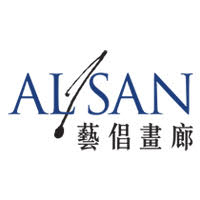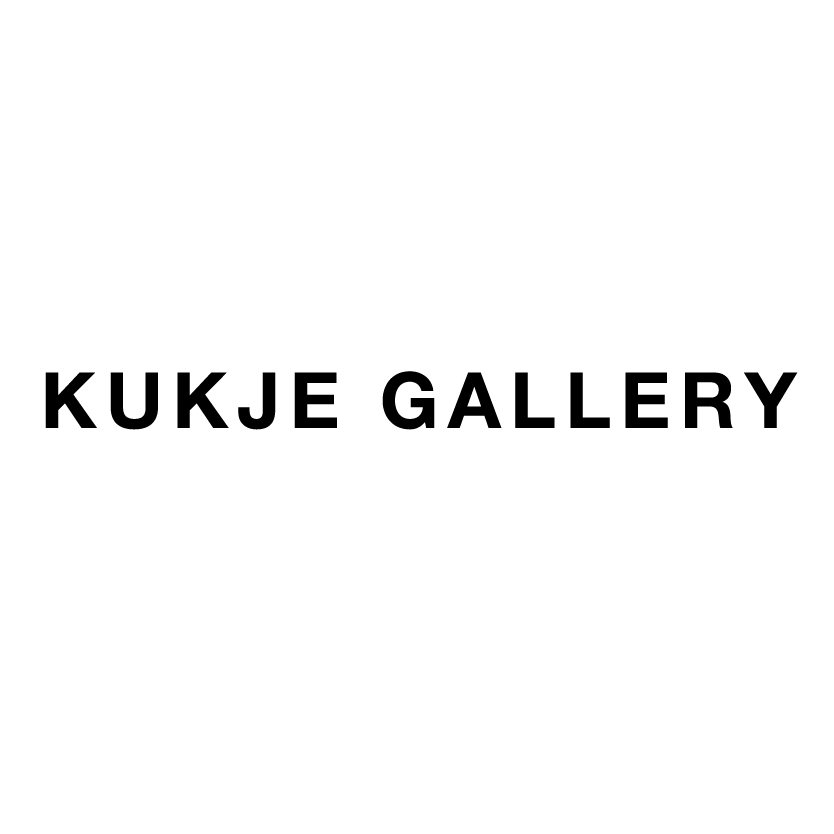Tokyo Museums Hesitate to Reopen
By Pamela Wong

Exterior view of the office building of Tokyo Metropolitan Government. Image via Wikimedia Commons.
Japanese public facilities across Tokyo, Osaka, Hyogo, and Kyoto were set to resume operations on May 12 following Covid-19-related closures, but national museums in the capital have pushed back against the official timeline for reopening, citing continuing public health risks.
The reopening date was originally set to coincide with the expected lifting of the state of emergency declared in the four prefectures on April 25, although the government announced on May 12 that the status has been prolonged to May 31 and expanded to include Aichi and Fukuoka prefectures. While the government has not imposed strict lockdowns in these areas, travel and “non-essential” activities such as dining out are restricted. Public museums in Tokyo—which logged 1,000-plus daily cases twice in the past week—appear to have seen this coming, with Tokyo Metropolitan Art Museum, Museum of Contemporary Art Tokyo, Tokyo Photographic Art Museum, and more deciding to stay shut. In the popular entertainment district of Roppongi, the private Mori Art Museum, which has been closed for a three-month-long renovation since last November, postponed its plan to reopen in April due to the continuing state of emergency.
The weeks leading up to this extension have seen confusion and disagreement over government policies on public gatherings. According to public broadcaster NHK, five public museums in Tokyo, including the National Museum of Modern Art and the National Art Center, had to petition the Ministry of Culture for permission to remain closed. In a vaguely worded letter published online by cultural minister Shunichi Tokura on May 11, the Ministry asked the institutions to resume operations as the situation permits. “It’s not entirely impossible for the cultural and artistic activities to continue as long as we minimize the risk of spreading the infection,” Tokura stated, suggesting that protective measures such as disinfection, air circulation, temperature checks, and mandatory mask-wearing remain in force at the museums. This appears to contradict the Tokyo Metropolitan Government’s demand on May 7 that public spaces of more than 1,000 square meters, such as museums and shopping malls, remain shuttered. Earlier on April 25, the Metropolitan Government also declared that “theaters and theme parks can continue to operate as long as there are no visitors,” which received backlash on social media for the confusion it caused.
Japan has not announced a full nationwide lockdown so far and plans to forge ahead with the Tokyo Olympics this summer, positions that have drawn public criticism within Japan as Covid-19 infections continue to rise, with daily new cases surpassing 6,000 at time of writing.
Pamela Wong is ArtAsiaPacific’s assistant editor.
To read more of ArtAsiaPacific’s articles, visit our Digital Library.






